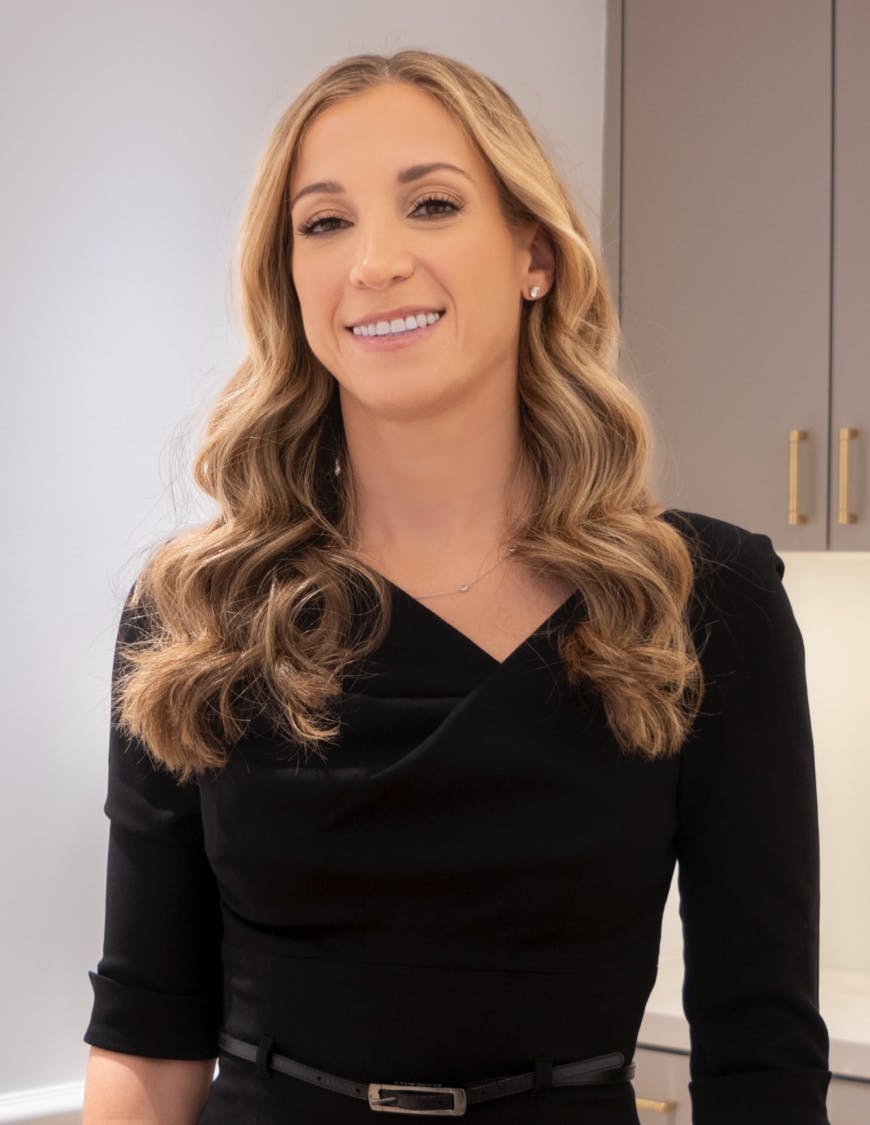Sometimes nasal polyps can be very large in size, resulting in blocked nasal passages. This can lead to breathing problems, sinus infections, and a variety of other issues. Nasal polyps can also become irritated or infected. All of these issues can be greatly improved with the removal of nasal polyps, a service that Upper East Side ENT doctor Dr. Reitzen provides.
When to See a Doctor for Nasal Polyps
If you experience the symptoms listed above for longer than three weeks, we recommend that you visit an ENT doctor such as Dr. Shari Reitzen.
After an exam, the cause of your issues can be determined and a treatment plan can be developed to help you begin feeling better. Tests (an endoscopy or CT scan) may also be ordered. If you have been struggling with these symptoms for longer than three weeks and you’re looking for an ENT specialist in the Upper East Side area, please contact our office to discover how we can help.










